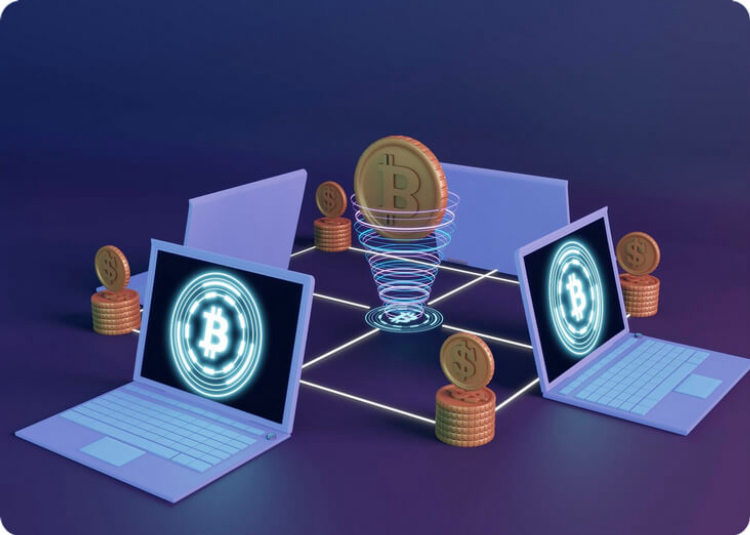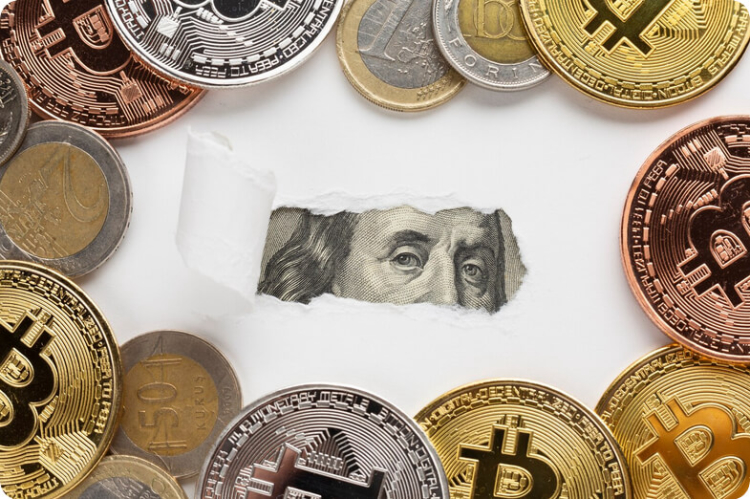Crypto Payments in iGaming: How Low Fees Are Changing the Game
Not long ago, casino payments were simple but slow. Players used cards, waited days for withdrawals, and accepted high fees as normal. Those days are fading fast.
Today, with blockchain, digital wallets, and faster banking rails, players want payments that are instant, low-cost, and transparent. This shift isn’t only about tech but also about trust and retention.
Let’s explore how crypto and new payment methods are transforming iGaming finance and what it means for players and operators.
The Problem With Traditional Casino Payments
For years, online casinos relied on the same few payment routes - credit cards, bank wires, and e-wallets. But these methods come with friction.
- Card fees eat into both player balances and operator profits.
- Cross-border transactions trigger currency conversion and delays.
- Withdrawals may take 24 to 72 hours, or even more.
Players have grown tired of seeing “pending” next to their money. In an era where streaming and digital shopping are instant, waiting days for a withdrawal feels outdated.
That’s where new digital systems come in, and crypto is leading the charge.
Why Crypto Is Gaining Ground
Crypto payments bring one major benefit: speed with minimal cost.
A crypto transaction can move funds in minutes instead of days. Fees are a fraction of what banks or card processors charge. And since transactions are verified on a blockchain, players know where their money goes.
Operators also win. With fewer intermediaries, they save on payment processing and avoid chargebacks. For global brands, crypto simplifies cross-border transfers since coins like USDT or BTC don’t need conversion.
The result of that is faster flow of funds, lower costs, and a better user experience.

From Novelty to Necessity
Crypto payments used to be a marketing gimmick. “Deposit with Bitcoin!” sounded futuristic but didn’t attract the mainstream crowd. Now, things are different.
More regulated markets are accepting blockchain payments, and more players already hold crypto. Many of them expect to use it the same way they use PayPal or Apple Pay.
Casino operators have noticed. Integrating crypto gateways is now a retention strategy, not just a PR stunt. Players who deposit and withdraw quickly tend to return more often.
This is why low-fee online casino payment methods are one of the biggest trends currently. Crypto just happens to be the best version of that idea.
How Players Benefit
Let’s break down what this looks like from a player’s side:
Faster Withdrawals
A player cashing out in Bitcoin or USDT can see funds within minutes, sometimes even seconds. That alone builds trust.
Transparent Costs
With blockchain, fees are clear and visible. There’s no “processing deduction” or hidden exchange rate.
Global Access
Crypto doesn’t care about borders. Players in new gambling markets can access platforms without needing a local bank or specific card.
Privacy and Security
While still compliant with KYC rules, blockchain transactions reduce data sharing and card storage risks.
It’s a smoother, cleaner experience all around.
How Operators Save Money
From the operator’s perspective, crypto isn’t only faster but way cheaper option.
Every traditional payment involves middlemen: acquirers, processors, and sometimes multiple banking networks. Each takes a slice of the fee.
With blockchain, those steps disappear. A direct wallet-to-wallet payment costs cents instead of dollars. Multiply that by thousands of daily transactions, and savings grow fast.
In tight-margin industries like iGaming, that’s no small advantage.
Stablecoins: The Bridge Between Crypto and Fiat
For many players, volatility is a concern. No one wants to withdraw winnings today only to see their value drop tomorrow.
That’s why stablecoins like USDT, USDC, or EURC are becoming the standard in crypto casinos. They keep the speed of crypto without the price swings.
Operators can hold stablecoin balances, manage liquidity easily, and even pay partners or affiliates the same way. It’s a blend of fintech precision and blockchain efficiency.

Regulatory Progress
Crypto payments used to raise eyebrows among regulators. Today, many jurisdictions recognize their role in iGaming.
Governments in Europe, Latin America, and parts of Asia are setting clearer rules for digital assets. AML and KYC still apply, but the tone has shifted from “ban” to “supervise.”
Licensed payment providers now offer crypto gateways that comply with these rules, giving operators a safe path to adopt blockchain payments without crossing legal lines.
Hybrid Payment Models: The Future of Casino Transactions
The smartest operators now offer both traditional and crypto options. Some allow players to deposit in fiat, convert to stablecoins internally, and withdraw back in crypto or cash.
This hybrid model gives flexibility to all types of users, those new to digital currency and those already fluent in it.
And as more banks and fintechs integrate blockchain APIs, even “normal” card payments may soon settle through digital rails behind the scenes.
What This Means for the iGaming Industry
Crypto payments aren’t just a technical upgrade. They change how players and operators interact.
They make transactions feel smoother, faster, and more honest. They reduce costs, which allows better rewards and lower minimum deposits. They also push competition: if one operator offers instant withdrawals and another doesn’t, players know where to go.
In such a saturated iGaming space, payments have quietly become a key part of player loyalty.
The Road Ahead
In 2026 and beyond, expect crypto to become the default for global gaming payments. The technology has matured, the infrastructure is solid, and players are already there.
Traditional payments will still exist, but they’ll play catch-up by offering lower fees and faster processing inspired by crypto models.
The next wave will likely include AI-powered fraud detection, instant blockchain settlements, and seamless integration between stablecoins and bank accounts.
When that happens, casino payments will finally match the pace of the games themselves - fast, fair, and frictionless.


Commentaires